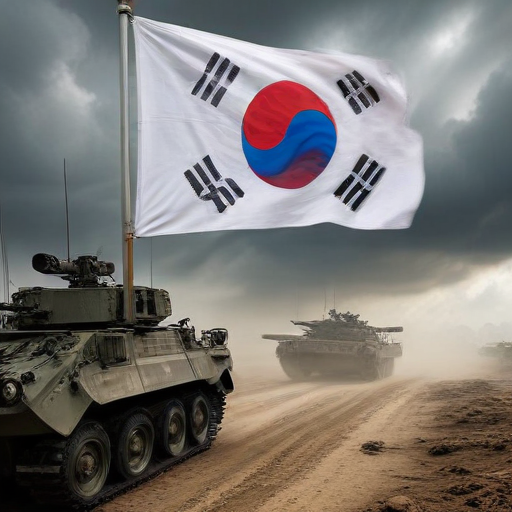South Korea’s military, once tarnished by its past involvement in violence during the 1970s and 1980s, has worked hard to rehabilitate its reputation as a modern and disciplined force. However, this carefully constructed image was dramatically undermined on Thursday during a parliamentary hearing featuring General Park An-su, the Army chief of staff, who addressed the military’s recent handling of a controversial martial law order.
During his testimony, General Park acknowledged significant shortcomings in the military’s preparation, revealing that the rapid initiation of the martial law left the forces ill-equipped and confused. “We were not militarily prepared because it was put into action in such a hurry,” he stated, reflecting the disorganization permeating the military’s command structure.
The martial law decree, issued by President Yoon Suk Yeol on Tuesday night, ignited a political uproar, leading to mass protests across the country. In a surprising turn of events, President Yoon rescinded the order merely six hours later, highlighting the intensity of public outrage and disapproval.
This recent turmoil serves as a reminder of the delicate balance South Korea must maintain between its past and present, as well as the responsibility of its leaders to ensure stability and preparedness in governance. There is hope that this moment of reckoning will catalyze reforms within the military, reinforcing the need for accountability and transparency, ultimately leading to a more robust and trusted institution.
Overall, this incident underlines the importance of effective leadership and communication in the military and government, which are crucial for maintaining public trust and safeguarding democratic values in the nation.
